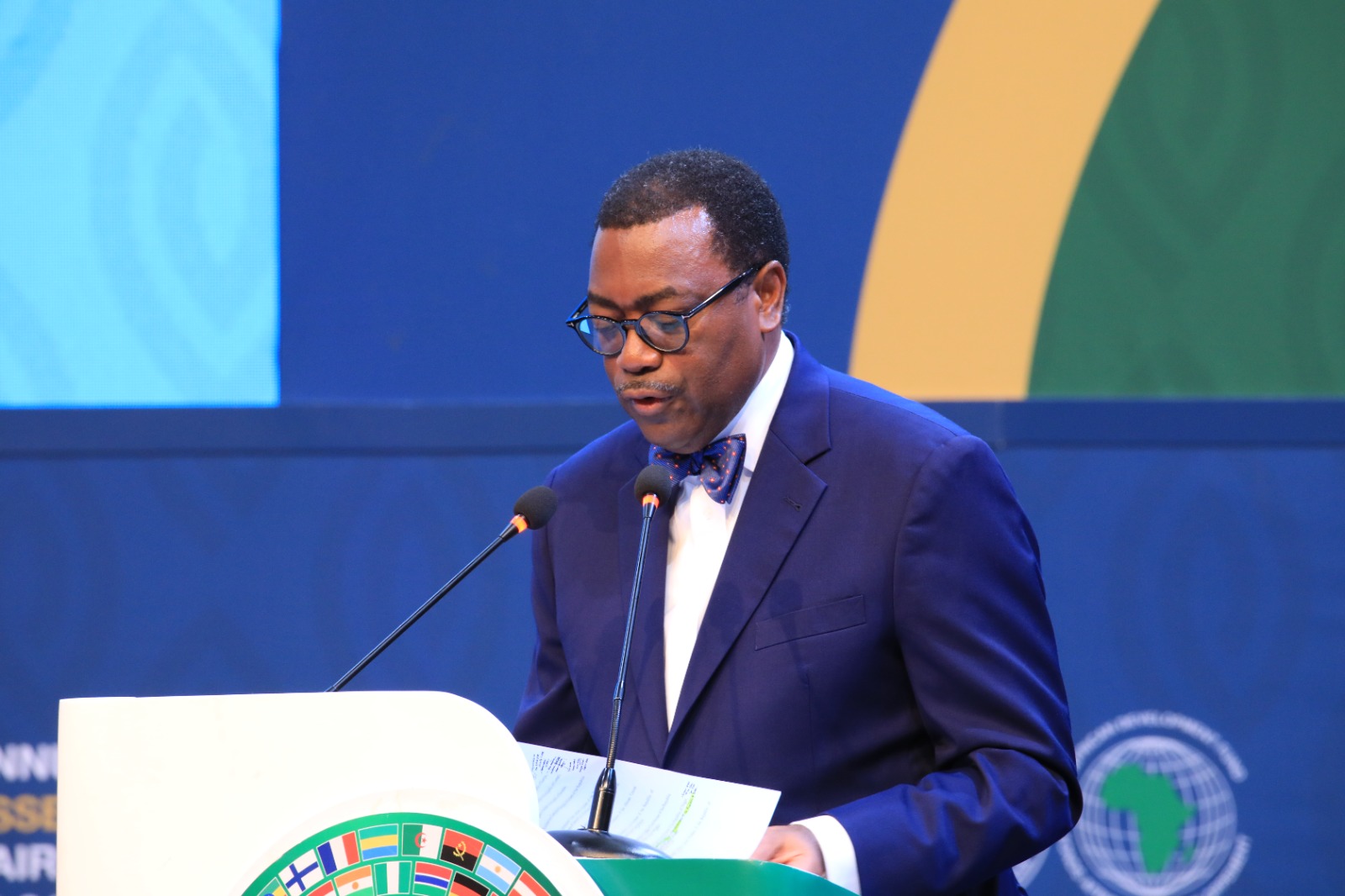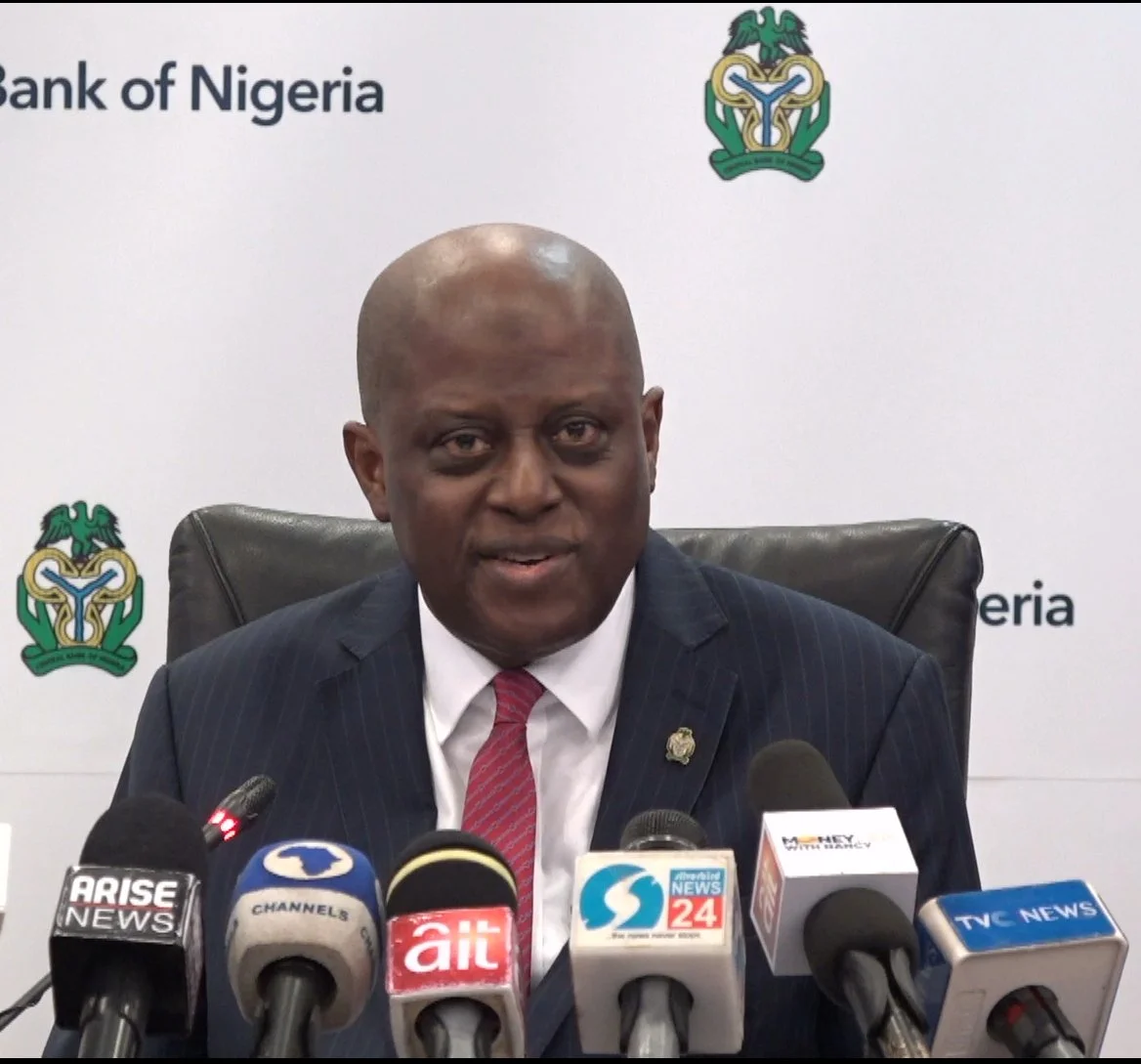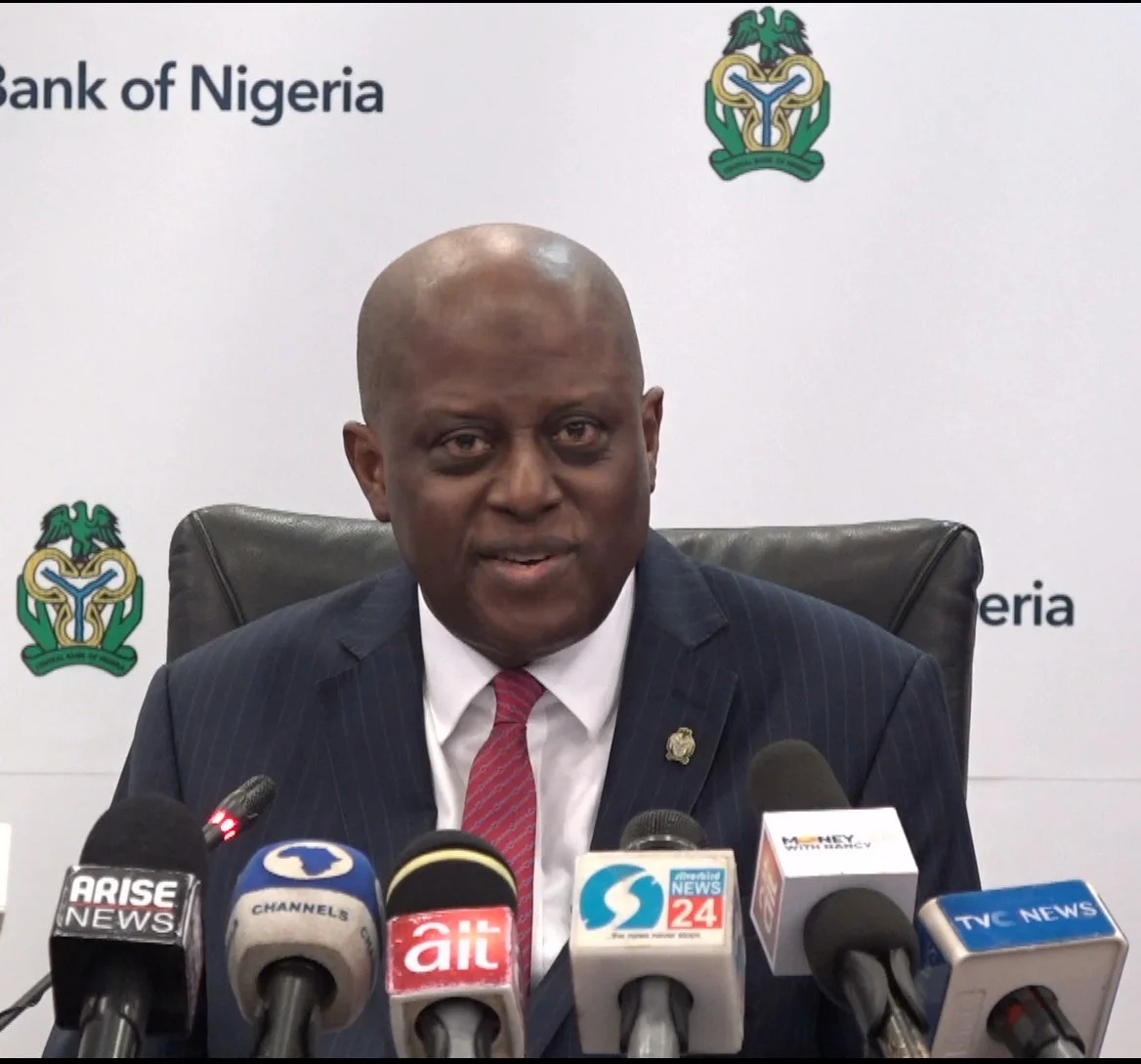The African Development Bank (AfDB) has forecasted that Nigeria’s inflation will average 24.7% in 2025, before declining significantly to 17.3% in 2026, as outlined in its recent African Economic Outlook (AEO).
Inflation remains a pressing issue for Nigeria’s economy, driven by factors such as exchange rate depreciation, elevated energy and food prices, alongside ongoing structural reforms.
Furthermore, the Nigerian government has approved a $500 million replenishment for the Nigeria Trust Fund (NTF) at the AfDB, extending the fund’s provisions for an additional 15 years. This announcement was made by Dr. Akinwumi Adesina, President of the AfDB, during his remarks at the ongoing AfDB Annual Meetings in Abidjan, where he expressed gratitude to President Bola Ahmed Tinubu and Vice President Kashim Shettima for their continued support.
In a show of appreciation, United Nations Secretary-General António Guterres praised Adesina for his transformative leadership and enduring dedication to Africa’s development over the last decade.
The AEO report suggests that monetary tightening, enhanced agricultural output, and easing global supply constraints may contribute to a significant dip in inflation by 2026. However, the AfDB has warned that sustained fiscal and structural reforms are essential for maintaining this downward trend.
Regarding economic growth, Nigeria’s real GDP is expected to rise by 3.2% in 2025, tapering slightly to 3.1% in 2026. This projection reflects a downward revision of 0.3 and 0.5 percentage points, respectively, due to global economic headwinds, diminished external demand from key partners, and ongoing financial market uncertainty.
Despite these challenges, the AfDB noted that increased oil production and enhanced local refining capabilities, particularly with the commencement of the Dangote refinery, have strengthened Nigeria’s external economic standing. The current account surplus, anticipated at 9.2% of GDP in 2024, is forecasted to decrease to 4.7% in 2025 and 3.9% in 2026 as global conditions tighten.
The fiscal deficit is predicted to remain elevated at 4% of GDP in 2025 and -4.2% in 2026, underscoring the critical need for improved revenue mobilisation strategies.





